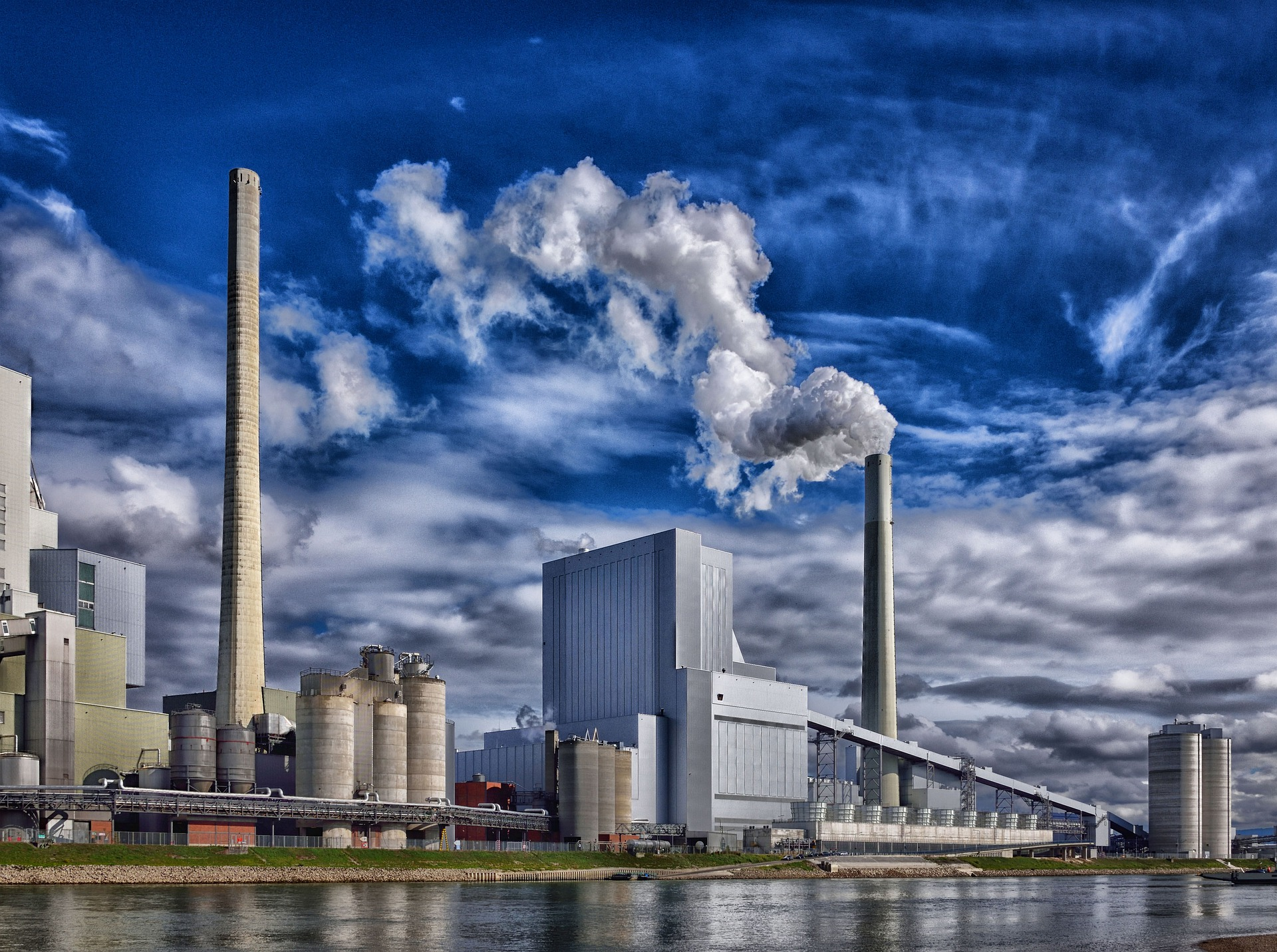The Treasury Department and Internal Revenue Service have issued final regulations regarding the credit for qualified carbon oxide captured using carbon capture equipment placed in service on or after Feb. 9, 2018.
The final regulations help businesses understand how the credit for qualified carbon oxide sequestration may benefit those claiming two carbon capture credit amounts, which are:
- Up to $50 per metric ton of qualified carbon oxide for permanent sequestration; and
- Up to $35 per metric ton of qualified carbon oxide for Enhanced Oil or Natural Gas Recovery purposes.
Neither of these new credit amounts, contained in the Bipartisan Budget Act of 2018, is subject to a limitation on the number of metric tons of qualified carbon oxide captured. The law also expanded carbon capture to include “qualified carbon oxide,” a broader term than “qualified carbon dioxide.” Prior to the change in law, carbon capture was limited to a total of 75,000,000 metric tons of qualified carbon dioxide.
These final regulations provide rules to determine:
- Adequate security measures for the geological storage of qualified carbon oxide;
- Exceptions to the general rule for determining to whom the credit is attributable;
- Procedures for a taxpayer to make an election to allow third-party taxpayers to claim the credit;
- The definition of carbon capture equipment; and
- Standards for measuring utilization of qualified carbon oxide.
In addition, the final regulations allow smaller carbon capture facilities to be aggregated into one project for purposes of claiming the credit when certain factors are present, such as common ownership and location. The final regulations also provide guidance on recapture, including introducing a recapture period of three years. Under these rules, credits must be repaid if carbon oxide leaks into the atmosphere during a three-year period after the initial storage or injection.
The Treasury Department and IRS received written and electronic comments responding to the proposed regulations. A public hearing on the proposed regulations was held on Aug. 26, 2020. Copies of written comments and the list of speakers at the public hearing are available at Regulations.gov.
Thanks for reading CPA Practice Advisor!
Subscribe Already registered? Log In
Need more information? Read the FAQs




